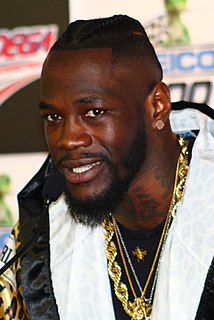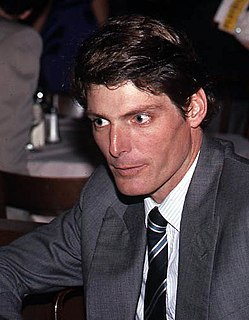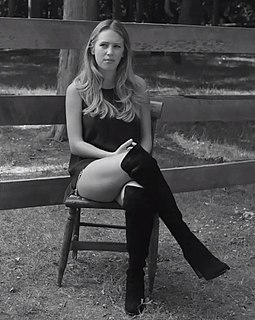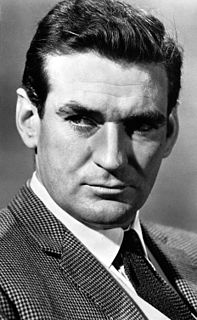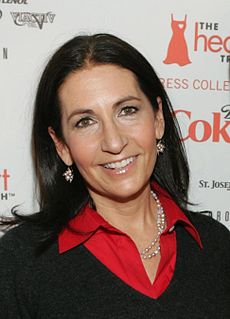A Quote by Chris Matthews
I mean, if somebody said to me, junior year of college, you can go anywhere, your old man's paying for it, I'd have been gone in a flash. But I had to work. Every summer my mother would say, 'Get that job and hold on to it until August 30.'
Related Quotes
When I went to college, I went to a junior college. I wanted to go to the University of Alabama but had to go to junior college first to get my GPA up. I did a half-year of junior college, then dropped out and had my daughter. College was always an opportunity to go back. But she, my daughter, was my support. I gave up everything for her.
I had a teacher who said something great. That was, 'Go out and collect your nos. Once you get fifty nos then you can start wondering when you can get a yes.' He said, 'It is not your job to get the job; its your job to do a consistent body of work. So, every time you go in there, just go in there and be consistent, and eventually it will get noticed and someone will hire you.'
I told my friend - we were working on a movie together - and he gave me a script and asked me to give him notes. And they were all male characters, and I said, "You know what would make this character more interesting?" And he asked what - and it's this road trip between three guys, basically, one older man, one 30-year-old and a 13-year-old mechanic. And I said, "If you make the 13-year-old a girl, and you make her an Indian-American mechanic." And he said, "What do you mean?" And I said, "Yeah, don't change anything in the script about him, and just make it a her."
I need somebody who can at least stand up to me and slug it out, toe to toe. I don't mean a physical battle. I mean a man who would lay me, and when he was done, I'd say: "Oh, brother, I've been laid." Or if we had an argument, he would stand up and engage in intellectual combat and not go off and mope in the corner, or take reprisals, or go to drink.
Every day, there'd be somebody interviewing me as a "lesbian living in Russia." It got to the point where I would joke that I now have two jobs. I work as a writer and a journalist, and I also work as a lesbian. There's a big difference between being out and having that be your sole identity, the only reason that someone is talking to you. My twelve-year-old daughter said, "I have a new job as well. I work as the daughter of a lesbian," because she was also giving all these interviews.
I asked him if it were a mirage, and he said yes. I said it was a dream, and he agreed, But said it was the desert's dream not his. And he told me that in a year or so, when he had aged enough for any man, then he would walk into the wind, until he saw the tents. This time, he said, he would go on with them.
I came out to Los Angeles for a couple of meetings in the summer of 2005, and I ended up getting a movie called Firehouse Dog for Fox. And I thought, "Oh, man. I'm doing a movie. Maybe I'll work a lot more now. I'm an actor now." Then, for eight, nine months I didn't work after that. After that movie, I began to get some guest star roles, fairly consistently, but because I had been so presumptuous before in thinking that the other jobs would lead to something, I realized: "Just get up. Go to work. Go home. This is your job just like everyone else's job."
I worked for dad on the grounds and I was in high school and I said I wanted to go to college, and he said, well, you figure it out. He said I will pay for your college but you're going to go to St. Vincent. St. Vincent College right here. That's about as much as I can afford, you work here, right here at home. I said, what if I can get somewhere else? And he said if I can get there, that's your call.

